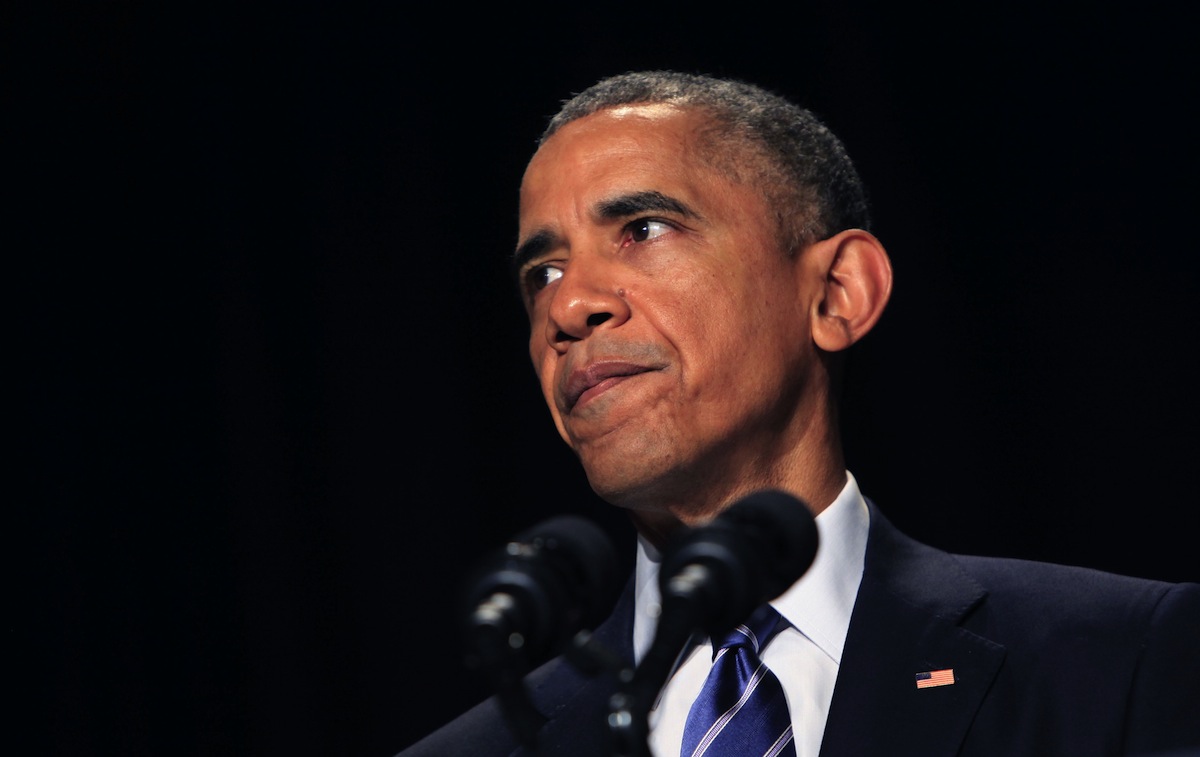
Conflicts that happened about a thousand years ago don’t often make news, but on Thursday President Obama brought the Crusades back into the spotlight. Speaking at the National Prayer Breakfast in Washington, D.C., the President spoke of the need to reconcile the good that religion can do with the crimes committed in its name. “And lest we get on our high horse and think this is unique to some other place, remember that during the Crusades and the Inquisition, people committed terrible deeds in the name of Christ,” he said. “In our home country, slavery and Jim Crow all too often was justified in the name of Christ.”
Opponents quickly jumped on the remarks as offensive to Christians, arguing that the Crusades happened so long ago that they’re not worth mentioning. But, even so, the history behind the relationship between slavery, Jim Crow and religion is one that certainly illustrates Obama’s point. And, while the President’s opponents seem to have largely ignored that part of the sentence in their responses to the Prayer Breakfast, that more recent past offers parallels for today — especially because the President only told half of the story.
It’s no slander to say that slavery and Jim Crow were often justified “in the name of Christ,” since that’s true. It wasn’t even very long ago that such justifications received legislative attention. Though slavery itself may, to some, fall with the Inquisition into the too-long-ago-to-matter category, faith-inspired reasons for racism persisted long into the 20th century.
Take, for example, Theodore Bilbo. The powerful Southern politician was named by TIME as 1946’s “Villain of the Year.” Though he had been in the public eye for decades, the magazine noted, “not until 1946 did the U.S. really savor the fulsome putrescence of Bilbo‘s bigotry.”
Bilbo had been Governor of Mississippi and a Senator for the state, as well as the frequent protagonist of smaller dramas, having been tried over the years on charges that ranged from contempt of court to bribery. He had been trained as a Southern Baptist minister, though not ordained, and was also a Ku Klux Klansman. He never made any secret of his feelings against both Jews and African Americans — he was so well-known for his racism that in 1945 the Broadway play Strange Fruit, which was about race relations, used a negative quote from Bilbo as part of an advertisement — but it was in 1946 that he published a screed he titled Separation or Mongrelization, Take Your Choice.
The book’s central argument was that he didn’t actually hate any race, but rather that he believed they should be kept entirely separate, an idea that he supported with spurious historical examples of race-mixing causing various civilizations from ancient history to collapse. The reason seemed obvious to him: “The fact that God did ordain the division of the people of the earth into separate races as a part of the Divine plan is sufficient for our purpose,” he wrote. In a chapter called “False Concepts of the Christian Religion,” he continued the point, arguing that God had placed the races in different parts of the Earth in order to keep them separate, and citing scriptural passages — “a bastard shall not enter into the congregation of the Lord…” — to support the importance of that separation. And, though he claims that he bears no ill will toward the other races, he makes clear that he knows that separate does not mean equal.
Bilbo was not alone in his belief that religion mandated racism. And remember, this is 1946, not Medieval times or even the antebellum era. If chronological closeness is the barrier for comparison, then certainly the President is justified in drawing a connection between such deeds justified in the name of Christianity back then and deeds justified in the name of Islam or any other religion today.
But it’s also interesting to note that that particular chapter of Bilbo’s book was addressed specifically to those who believed the exact opposite — a group that was growing in strength.
Even though Obama’s argument about Jim Crow holds true, it’s also true that Christianity (and other religions, though less so due to demographics) was used as an argument against Jim Crow too. And, as time progressed, that side began to prevail.
In fact, a mere two years after the publication of Bilbo’s book, the Federal Council of Churches officially denounced segregation, stating that Jim Crow was “a violation of the gospel of love and human brotherhood.” Though many Southern churches did not desegregate after that declaration, Christian conferences and councils over the next decades made equality their focus. In 1957, for example, the General Assembly of the Presbyterian Church told its ministers that “it is unthinkable that a Christian should join himself to Klan or Council whose purpose is to gain its point by intimidation, reprisal and violence, or that he should lift no voice of protest against those who appeal to prejudice and spread fear.”
As the Civil Rights movement continued, Christianity — especially via dedicated organizations like the Southern Christian Leadership Conference — was one of the driving factors in protest against discrimination. It’s no coincide that Martin Luther King, Jr., was a minister.
So Jim Crow was both a perfect example (and a recent one) of the religious rationalization that Obama mentioned Thursday and an example of the way religion can help the world. Which, in the end, although he didn’t actually get into the details of the complicated relationship between civil rights and Christianity, makes it an even better historical illustration of his point: that faith has often been used to justify evil, so it’s all the more important to make sure it’s used to do good instead. As the President put it, the reality is that “the profound good, the strength, the tenacity, the compassion and love that can flow from all of our faiths [operates] alongside those who seek to hijack religion for their own murderous ends.”
History shows that to be true — even without reaching back to the Crusades for proof.
Photos: Strange Bedfellows at the National Prayer Breakfast

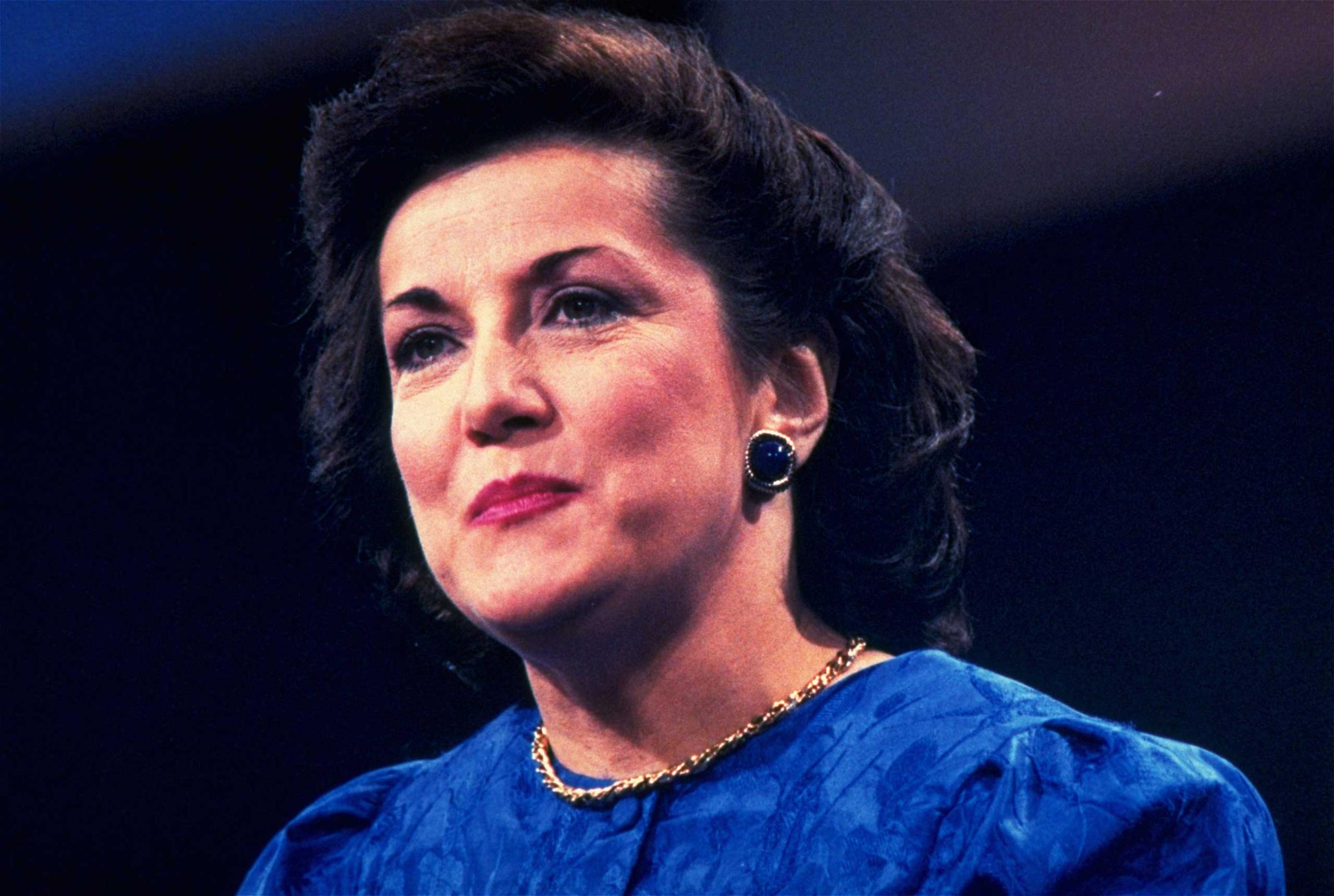

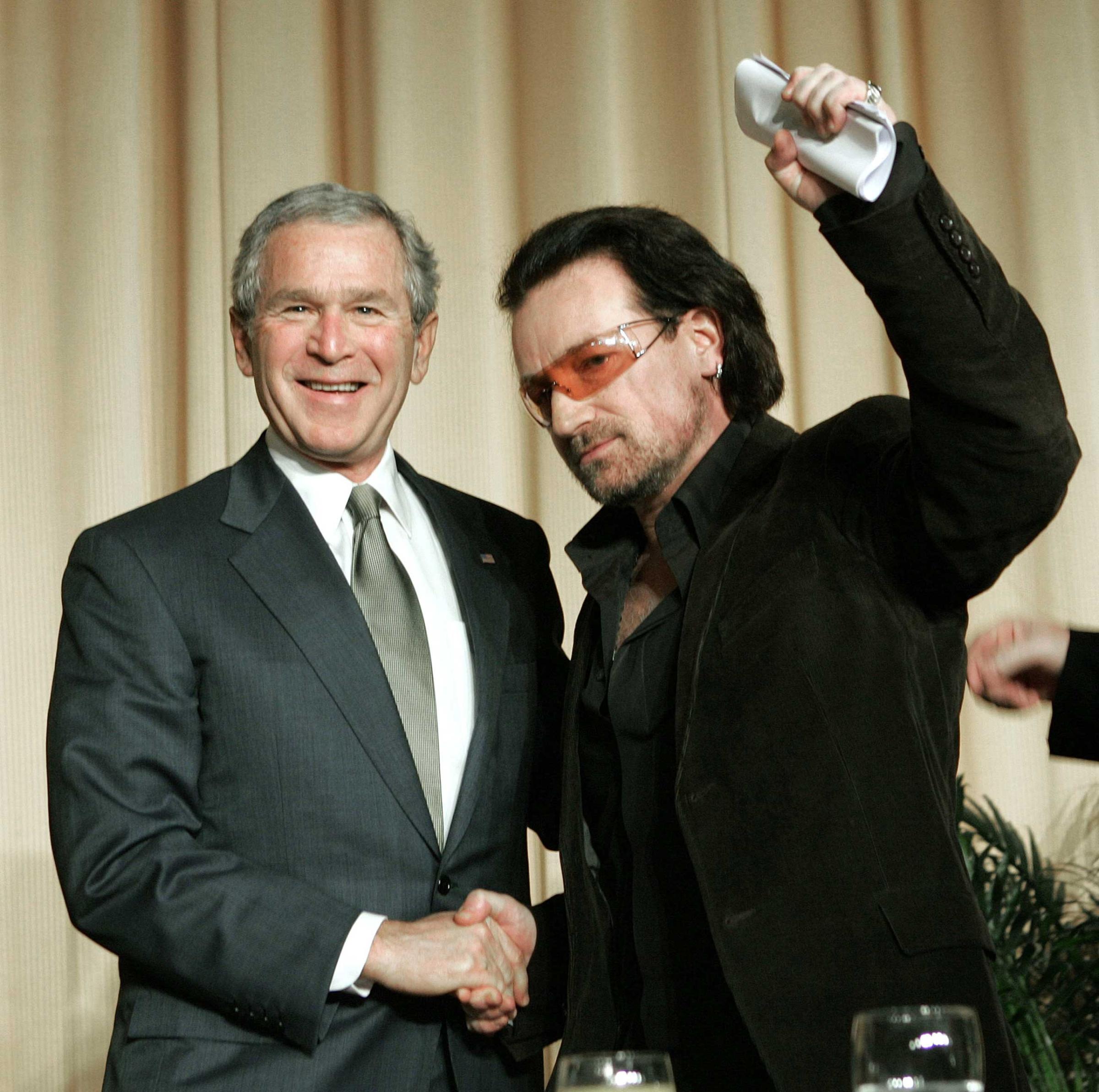
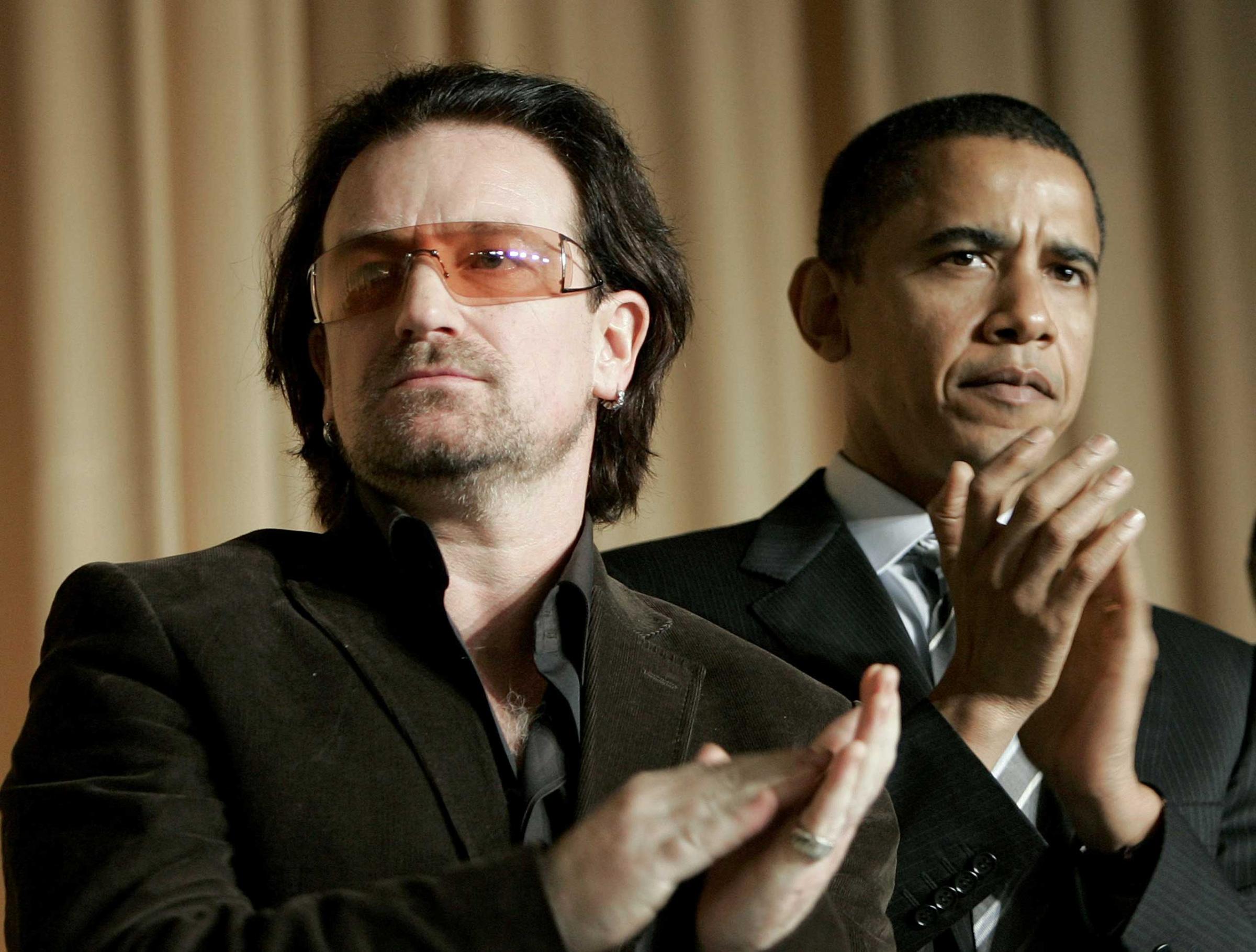
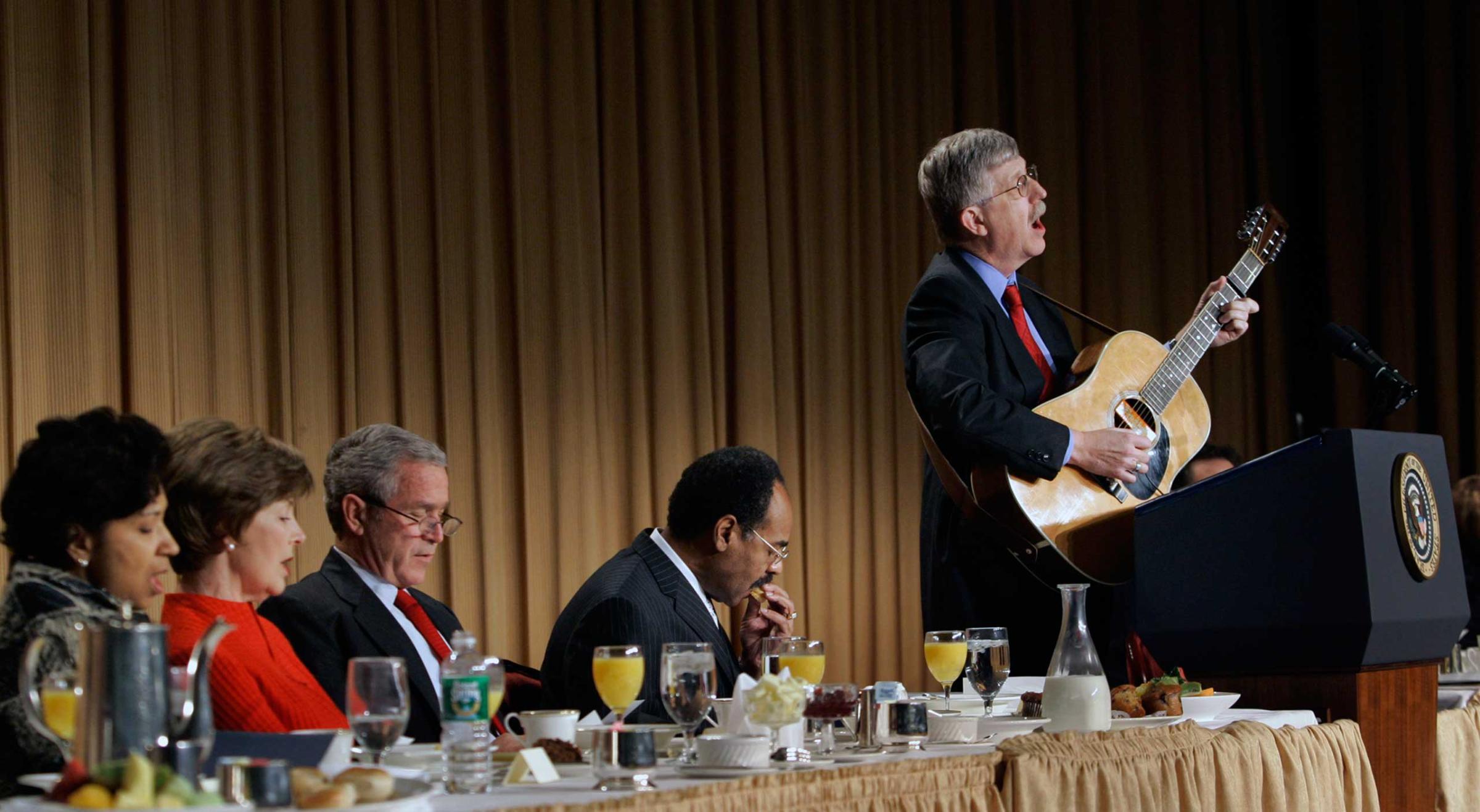
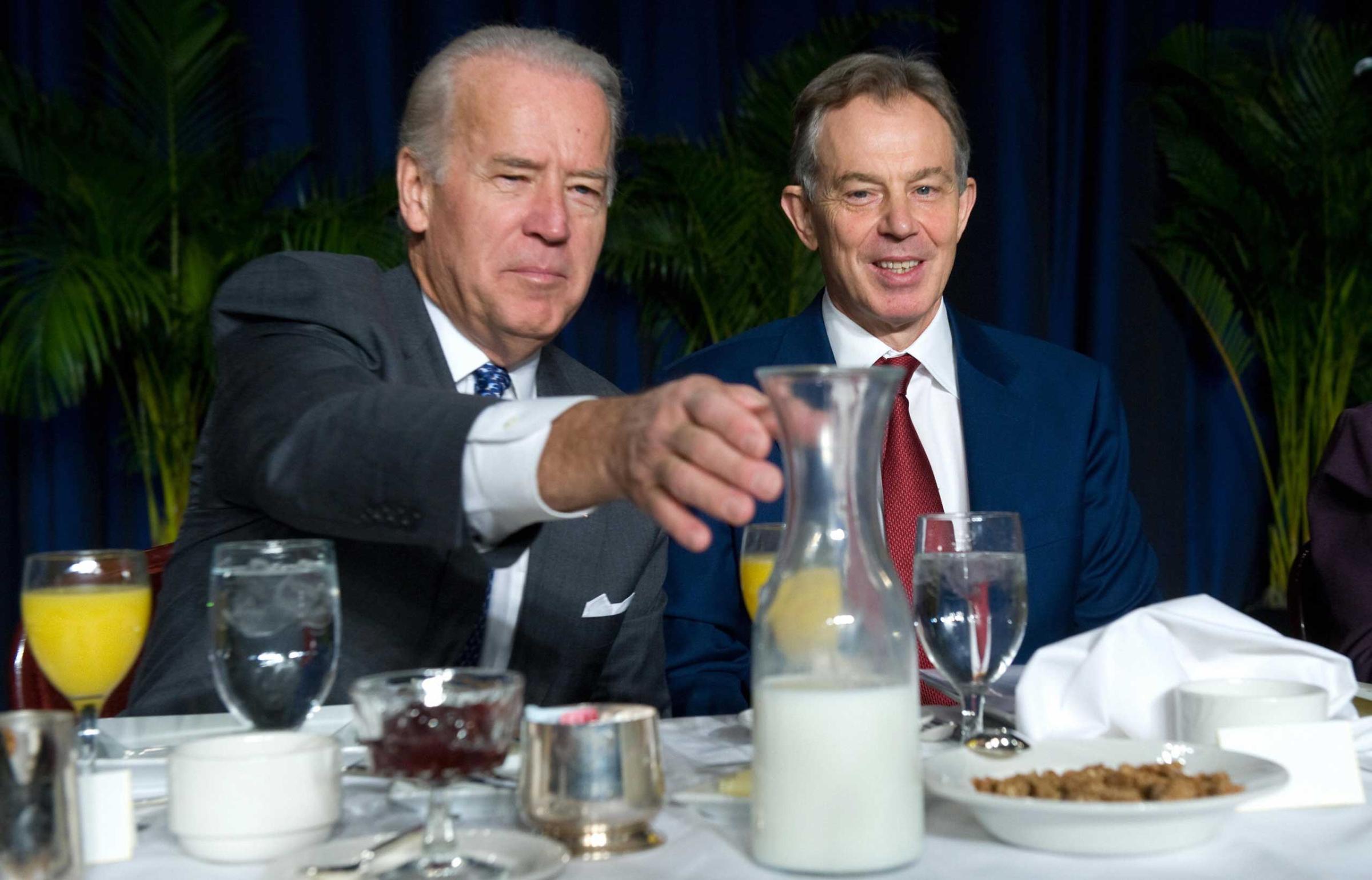
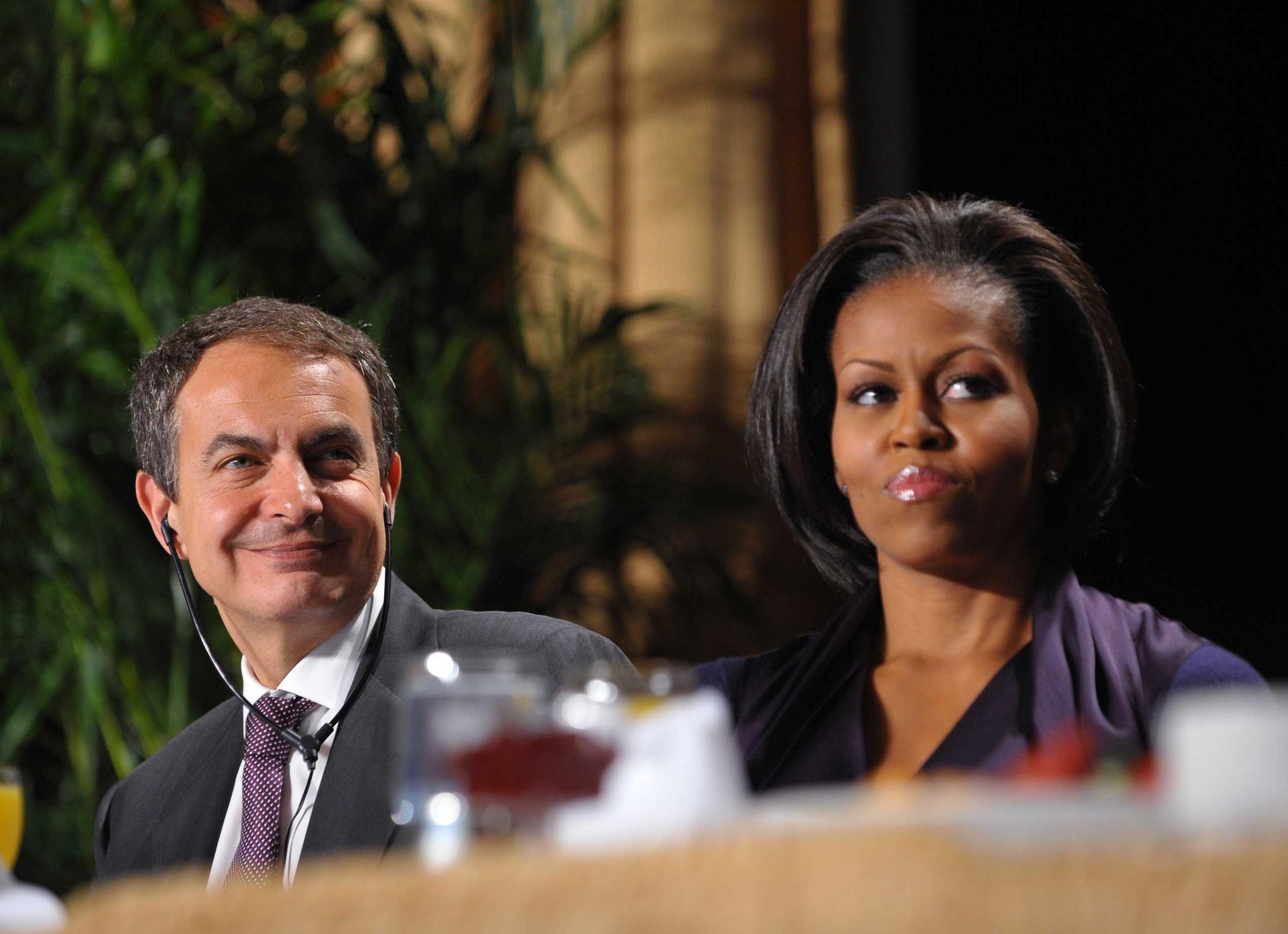
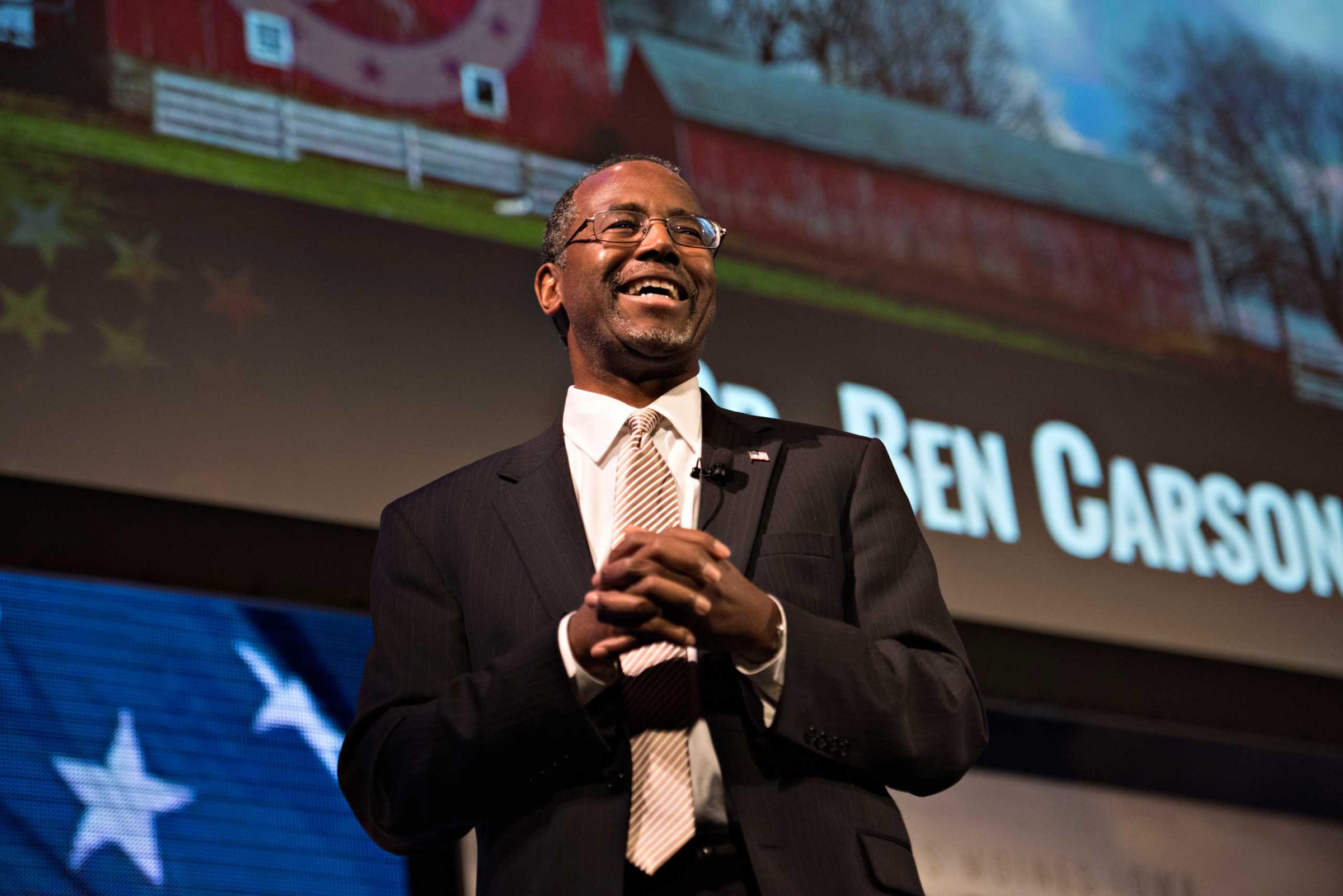
Read next: Dalai Lama: ‘Muslim Practitioners Must Extend Love Towards Entire Creation of Allah’
More Must-Reads from TIME
- Cybersecurity Experts Are Sounding the Alarm on DOGE
- Meet the 2025 Women of the Year
- The Harsh Truth About Disability Inclusion
- Why Do More Young Adults Have Cancer?
- Colman Domingo Leads With Radical Love
- How to Get Better at Doing Things Alone
- Michelle Zauner Stares Down the Darkness
Write to Lily Rothman at lily.rothman@time.com